Ensuring your dog receives the right nutrients is essential for their overall health, energy levels, and longevity. Understanding the basics of dog nutrition can help you make informed decisions about their diet, ensuring they live a healthy, happy life. Here's a guide to the key components of dog nutrition:
Proteins:
Proteins are vital for your dog’s muscle development, tissue repair, and overall growth. High-quality protein sources such as lean meats, fish, and eggs should be a regular part of their diet to support an active lifestyle and maintain strong muscles.
Fats:
Healthy fats work to provide your dog with a concentrated source of energy and help play a critical role in keeping their skin and coat in optimal condition. Look for sources of omega-3 and omega-6 fatty acids, such as fish oil and flaxseed, which also support heart health and brain function.
Vitamins and Minerals:
Vitamins and minerals are crucial for various bodily functions, from boosting your dog’s immune system to supporting bone health. Dogs need a variety of vitamins (like A, D, E, and B-complex) and minerals (such as calcium, phosphorus, and potassium), which can be found in a balanced diet of whole foods, including vegetables, fruits, and meats.
Fibre:
Fibre aids in digestion and helps ensure your dog’s gut remains healthy. It supports regular bowel movements and can also help prevent issues like constipation or diarrhoea. Good sources of fibre include whole grains, sweet potatoes, and certain vegetables like carrots and pumpkin.
Hydration:
Adequate hydration is essential to your dog’s overall well-being. Water supports all of your dog’s vital processes, from digestion to circulation. Make sure fresh, clean water is always available, especially if you feed them dry food or treats.
A Balanced Approach:
Ensuring that your dog gets the right mix of proteins, fats, vitamins, minerals, and fibre from a variety of food sources is key to promoting their health. Consult your veterinarian for advice on a balanced diet tailored to your dog’s age, breed, and lifestyle. While treats can be a fun way to reward your dog, they should complement a nutritious diet, not replace it.
With the right nutritional foundation, you can help your dog lead a healthy and energetic life.


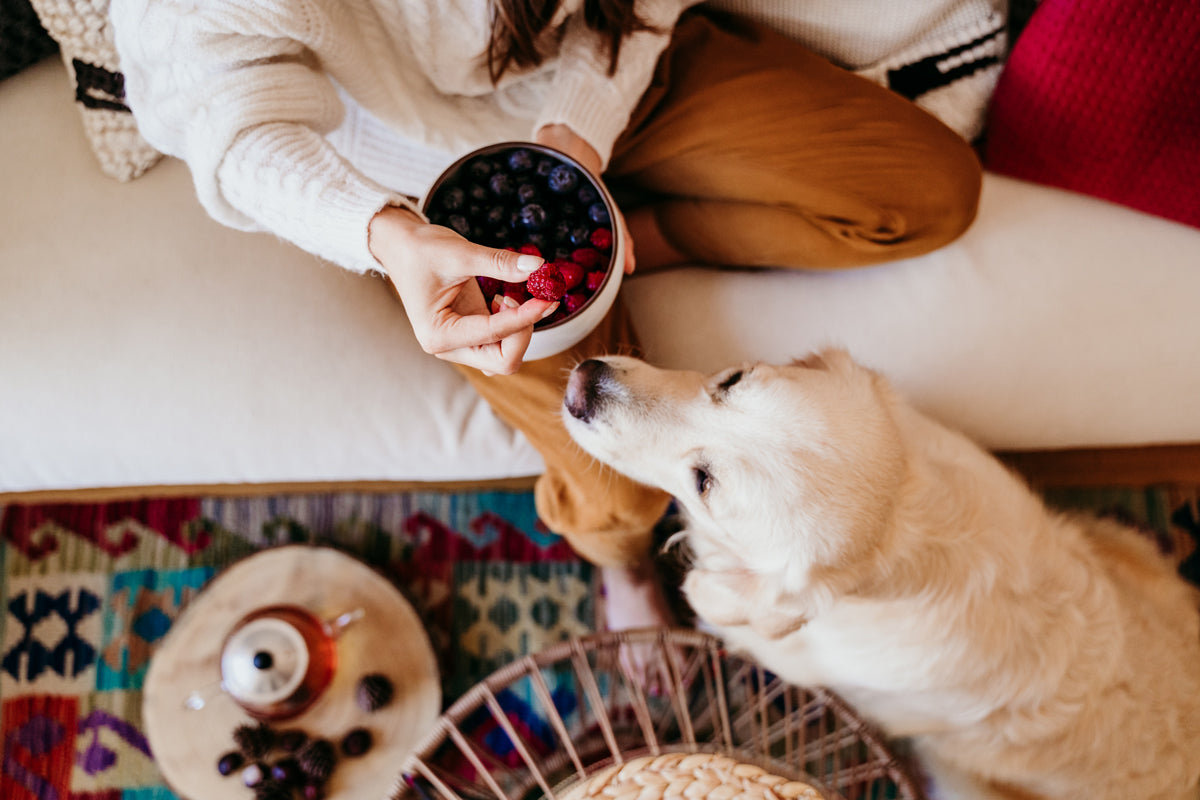

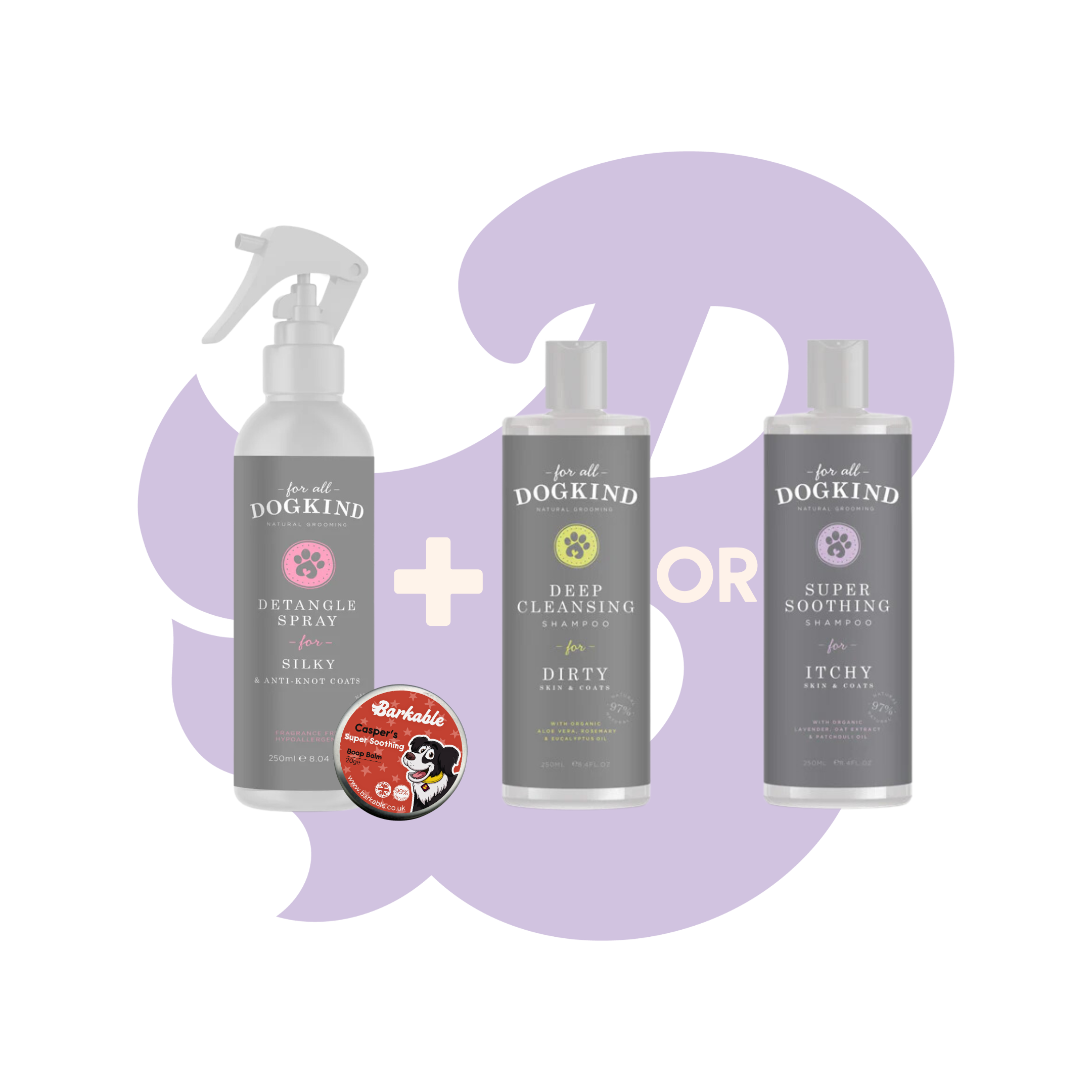
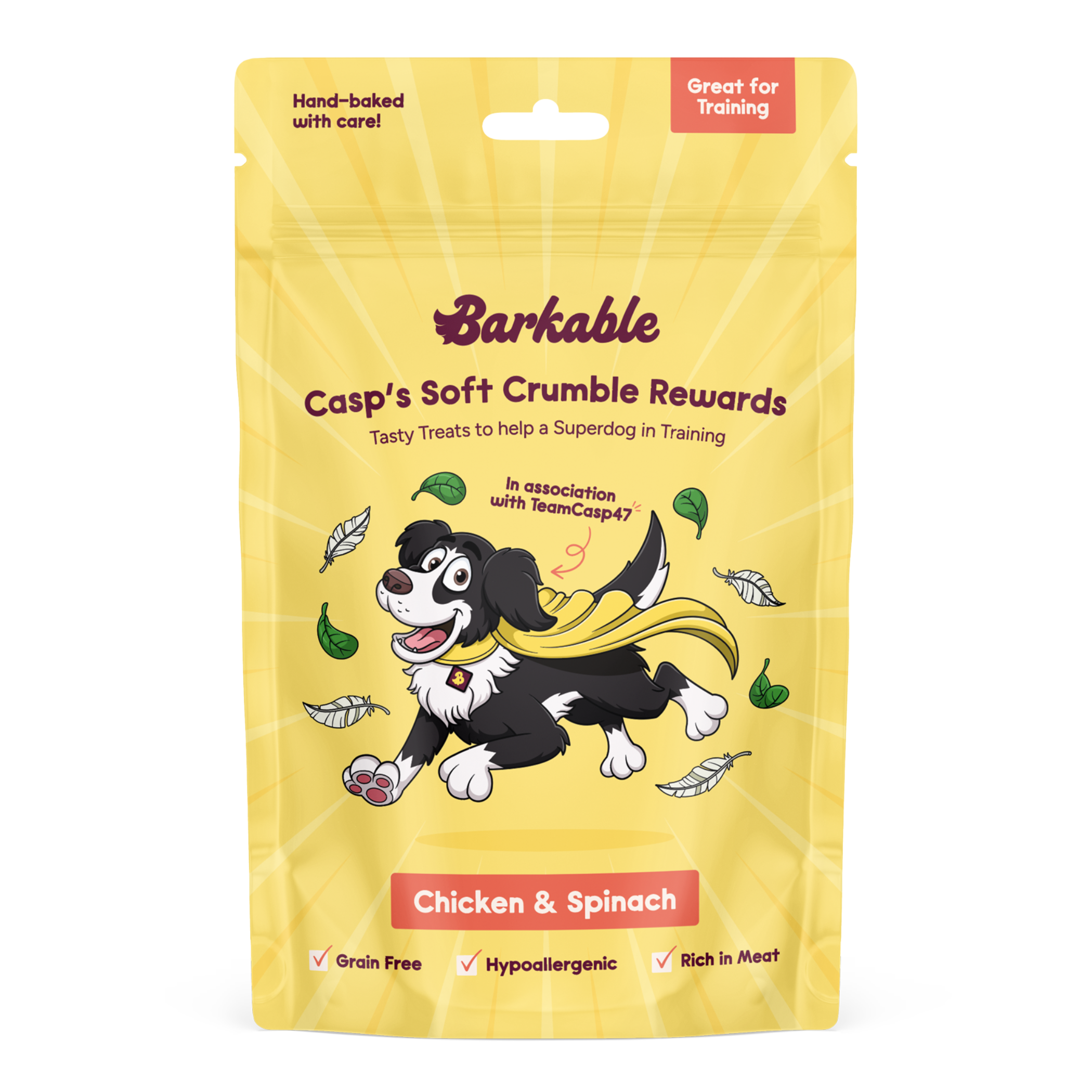
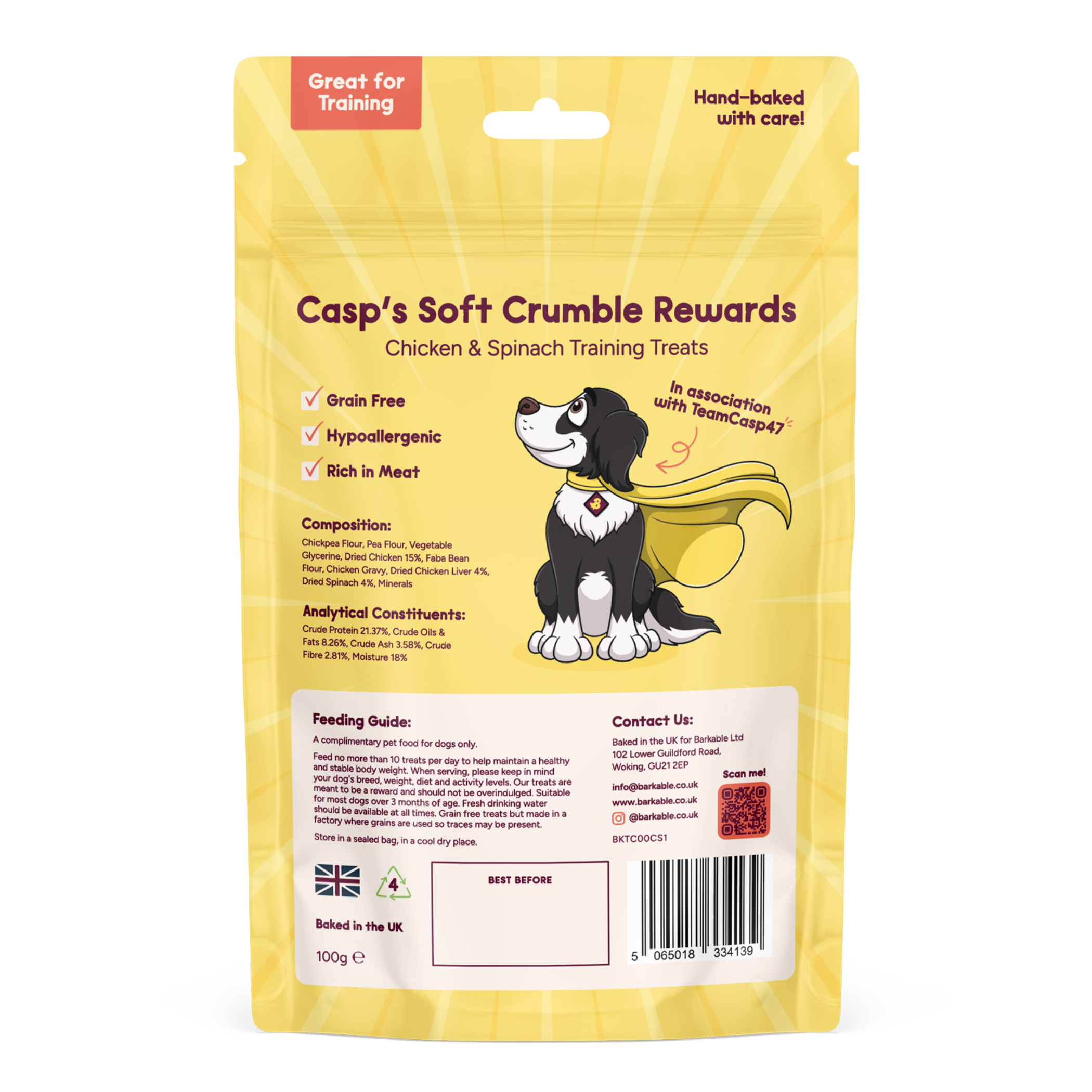
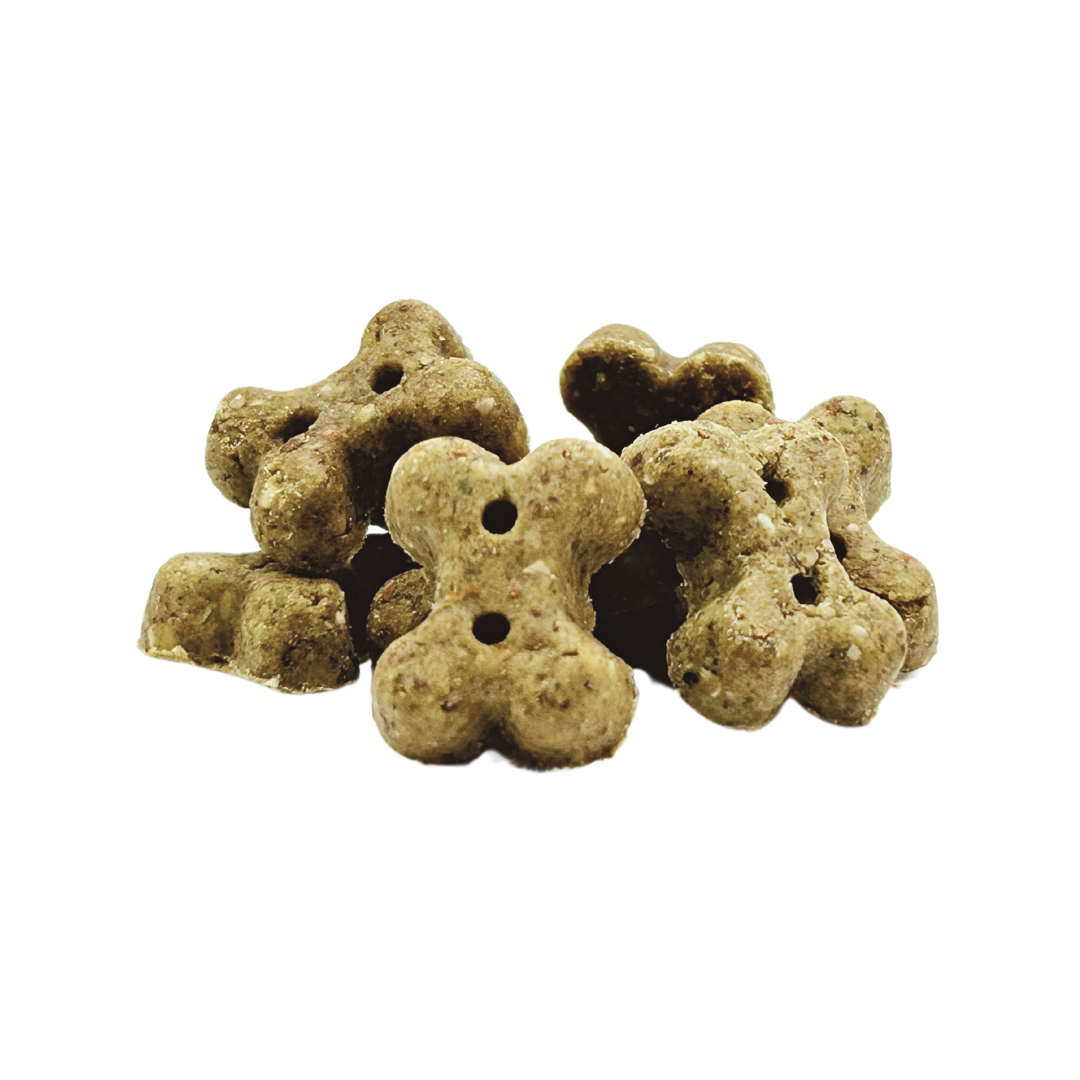
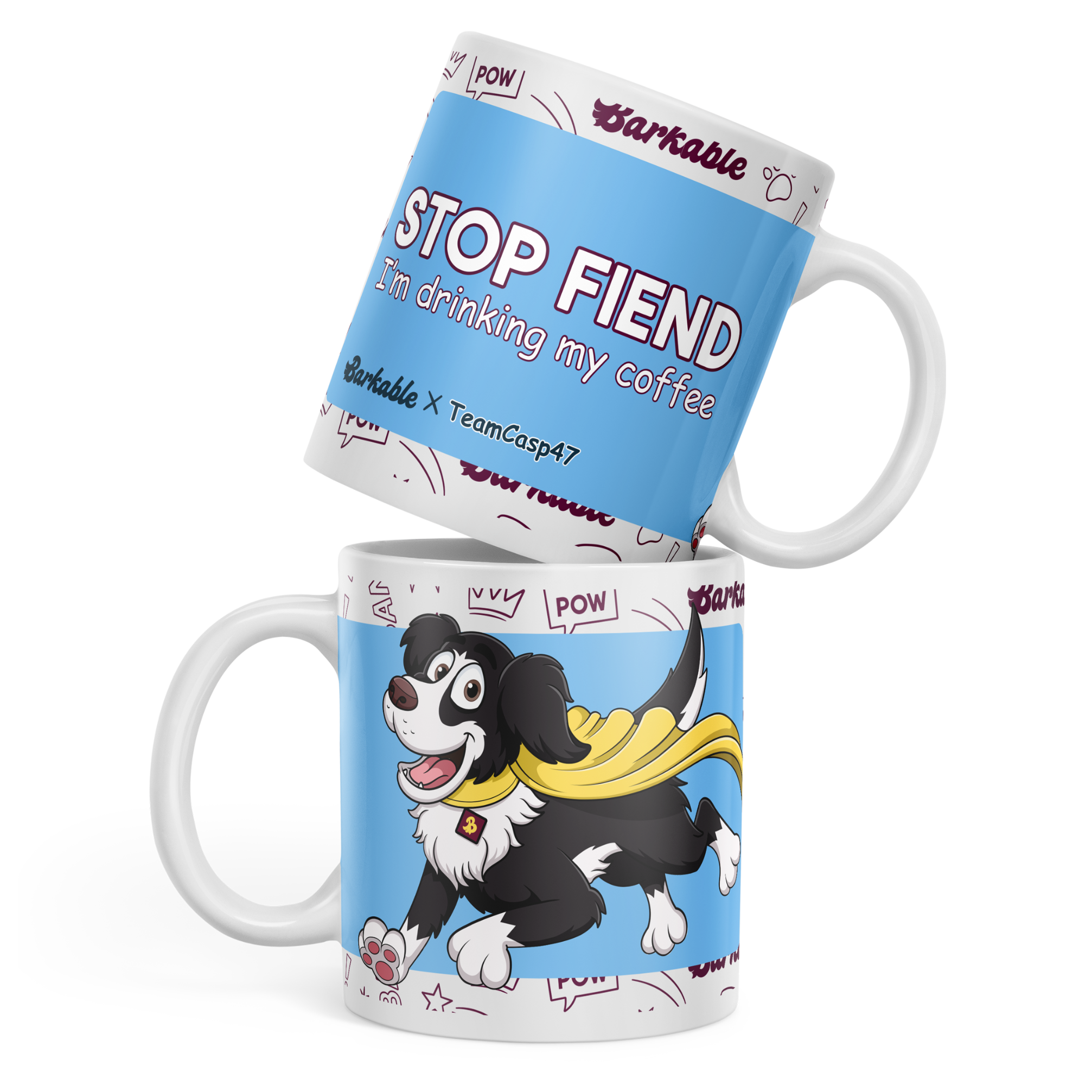
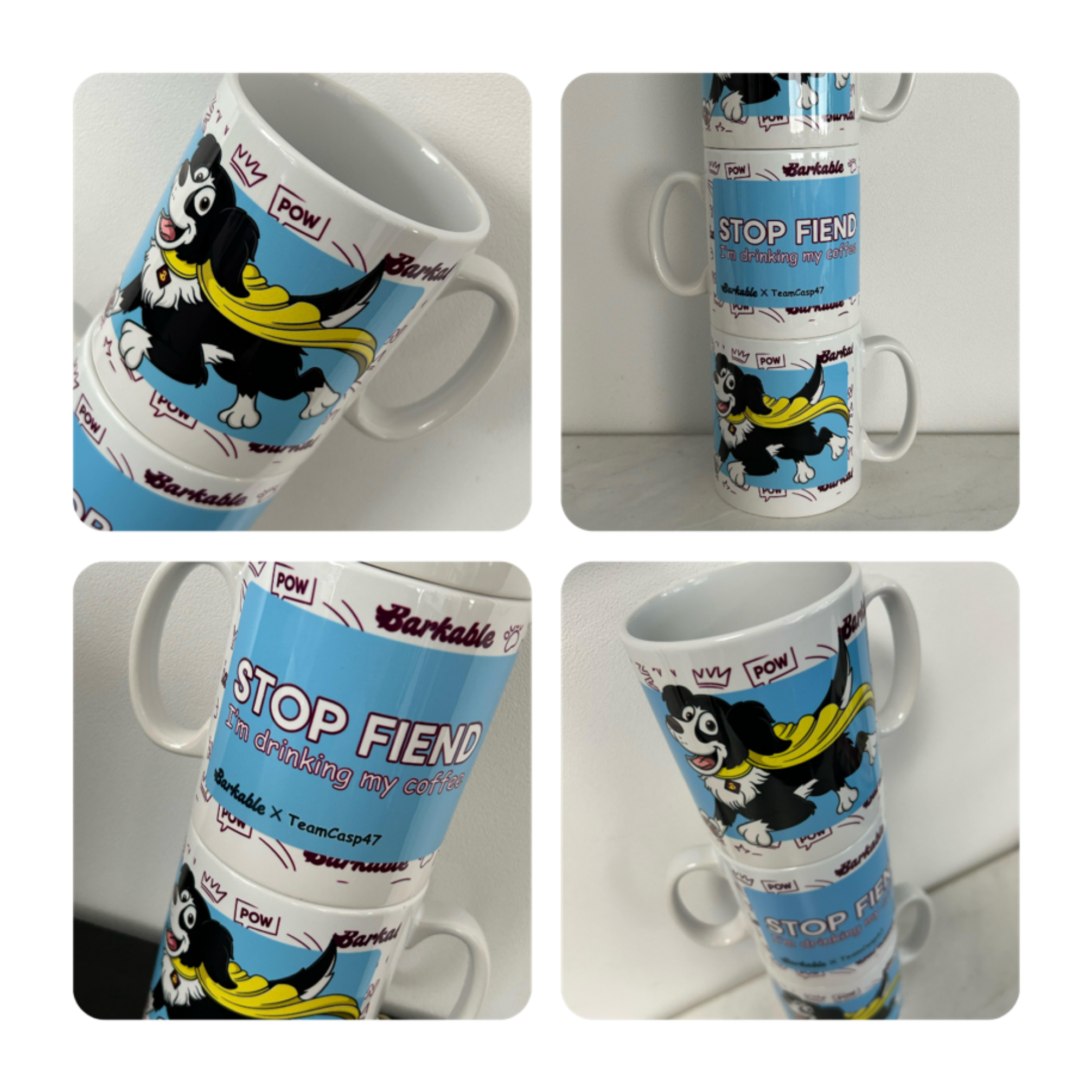
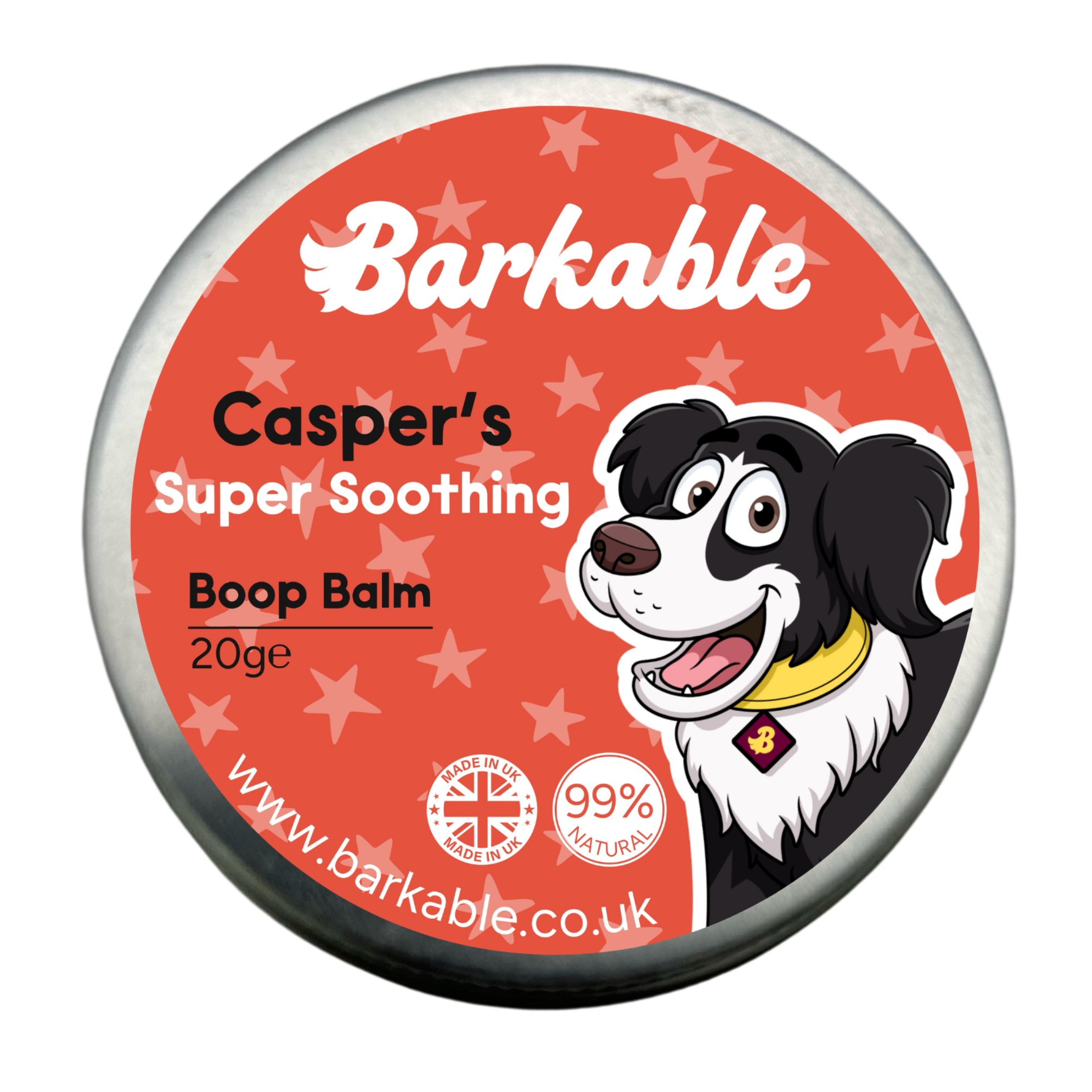
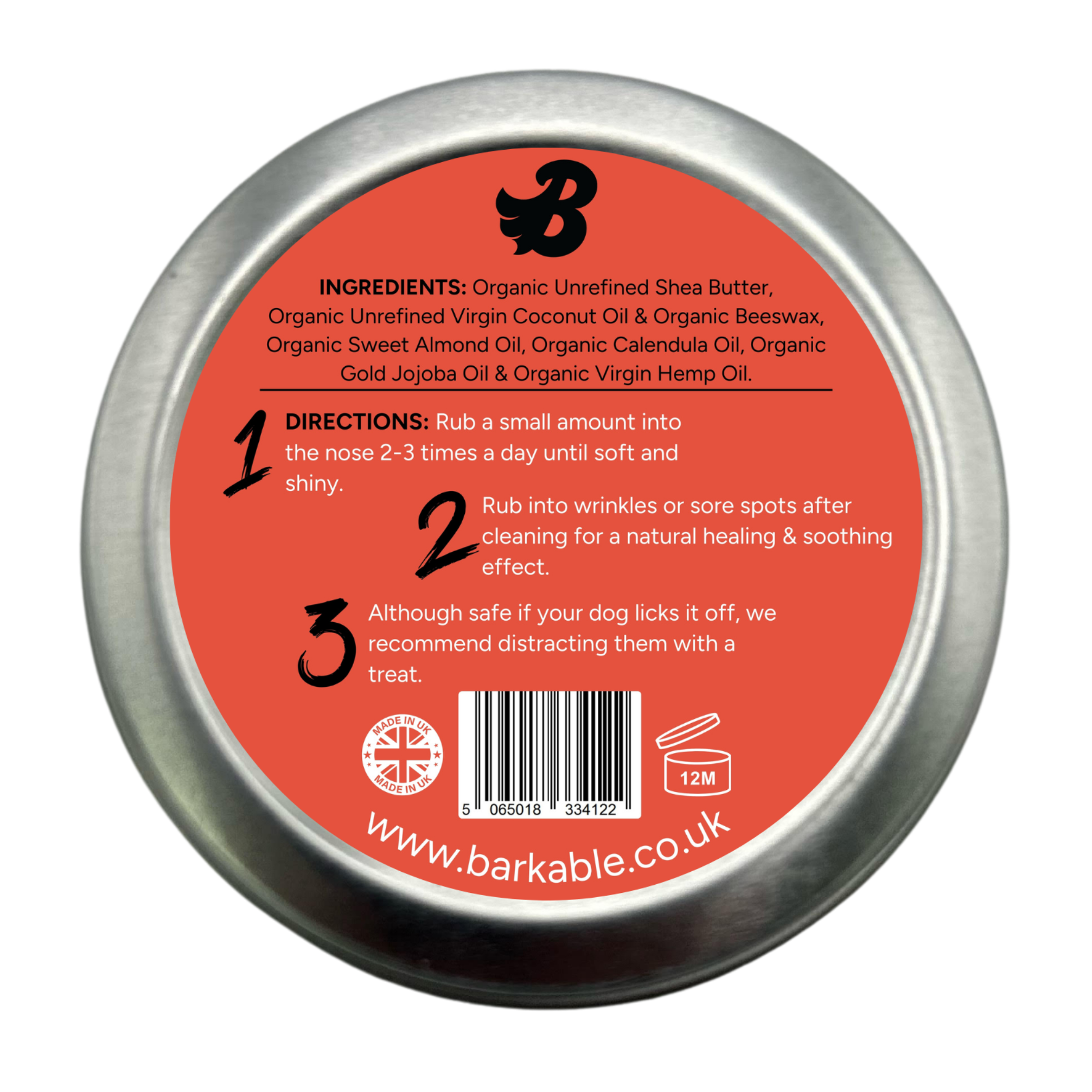
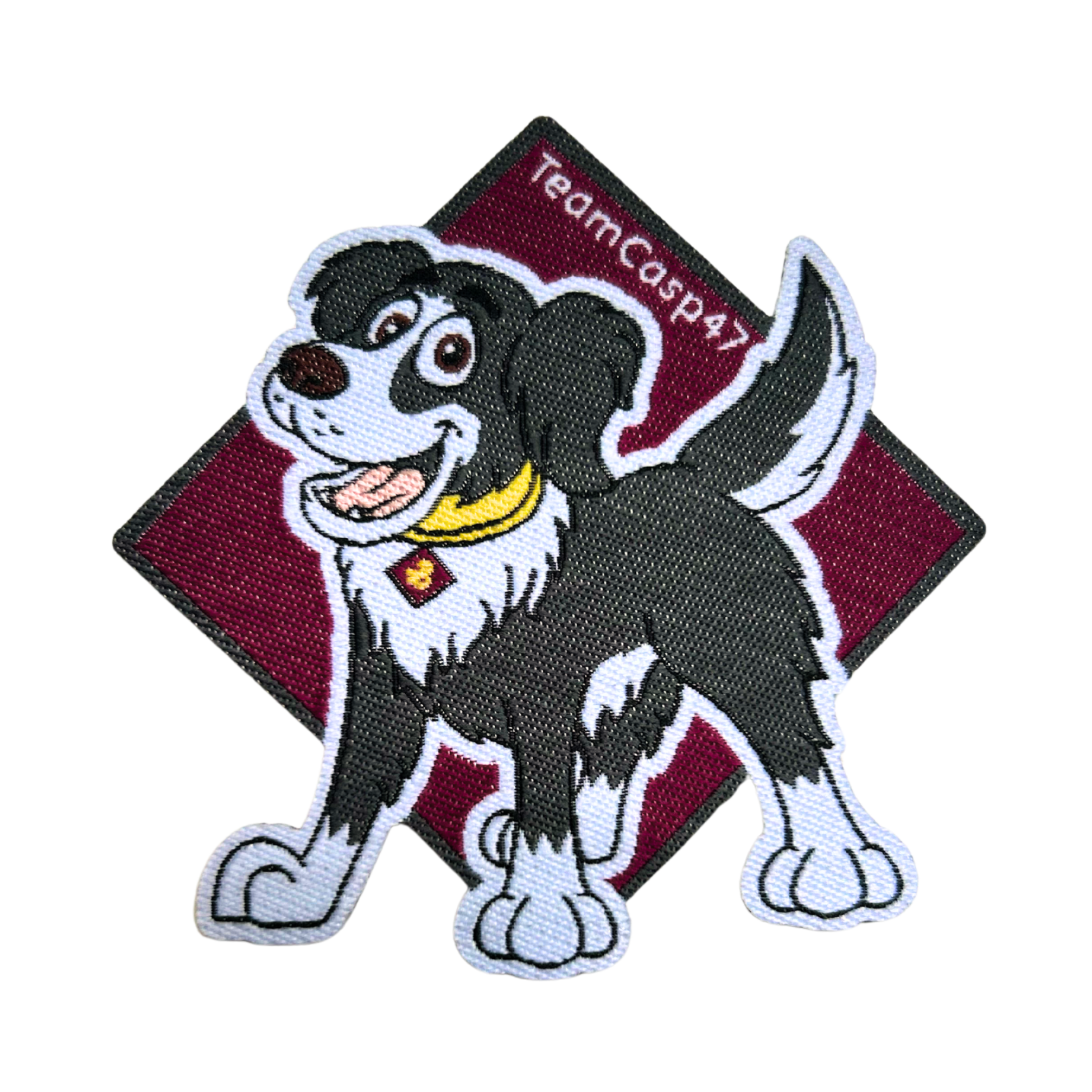
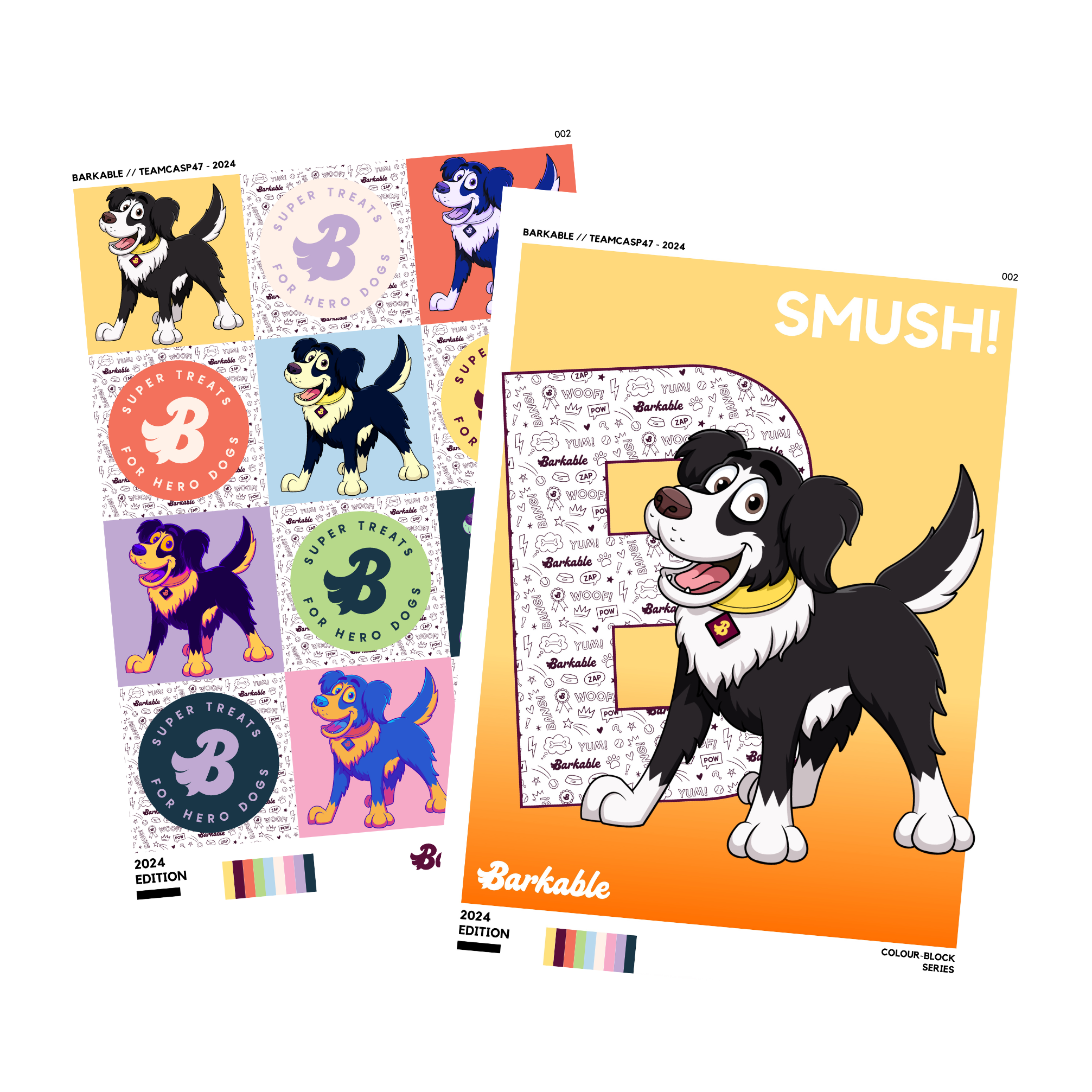
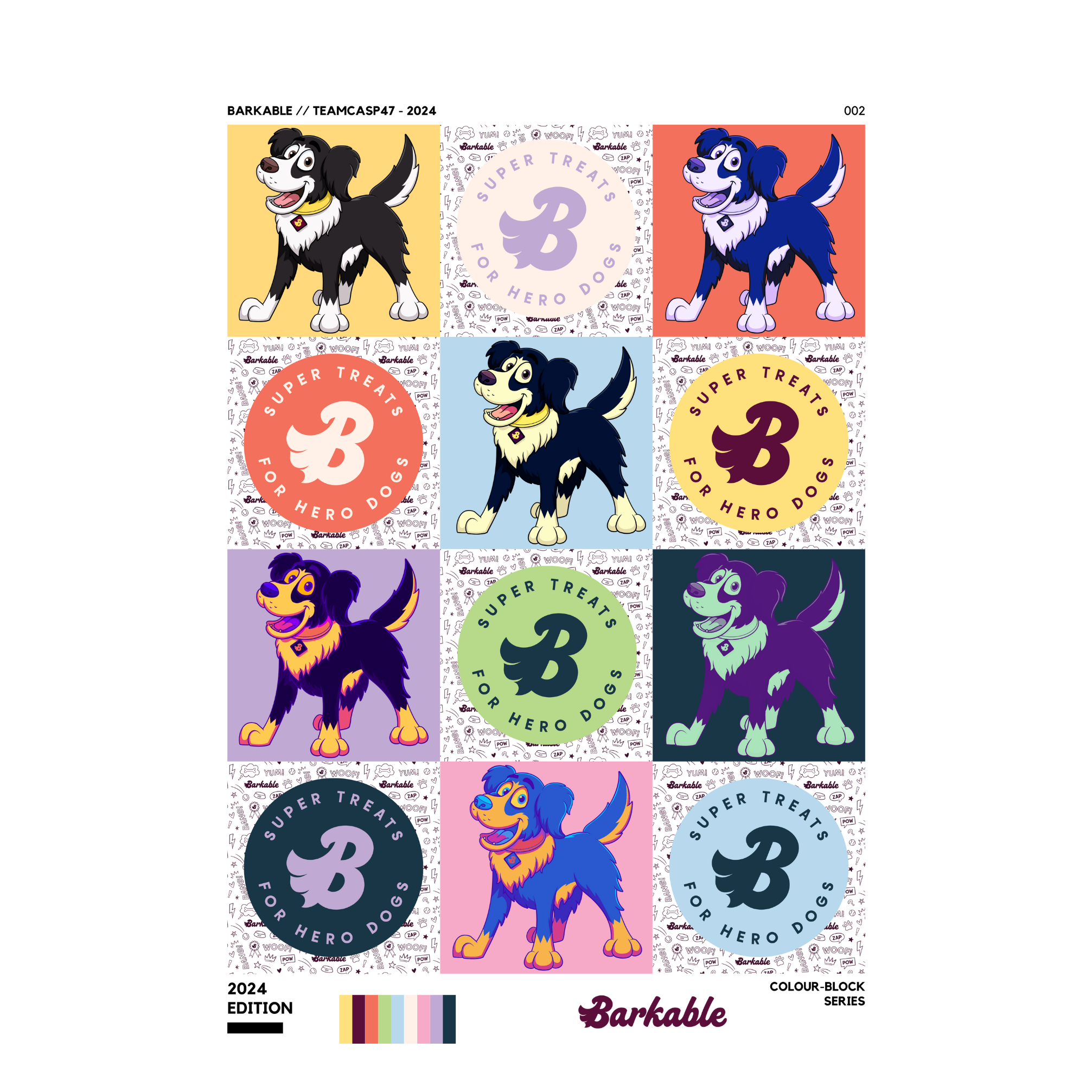
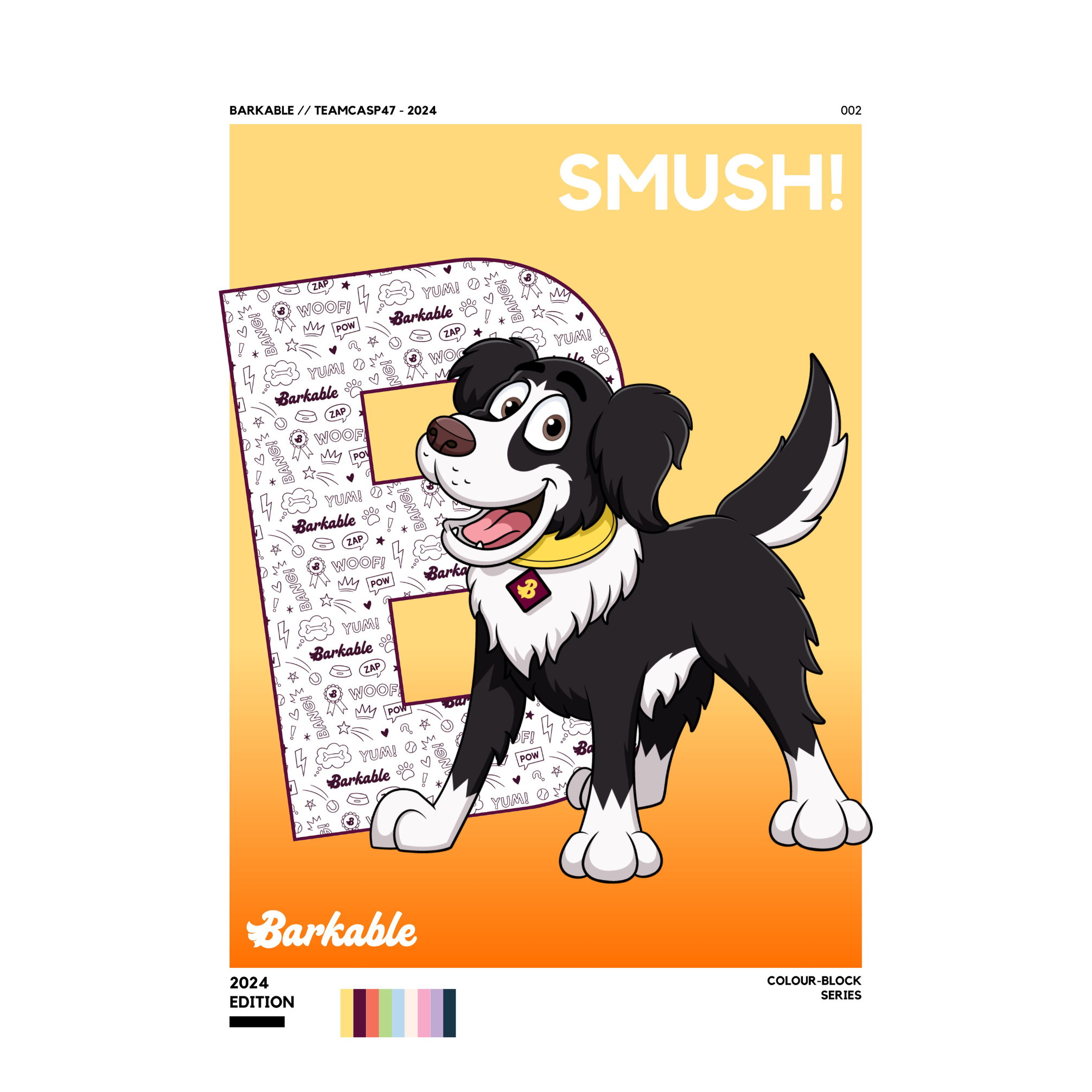
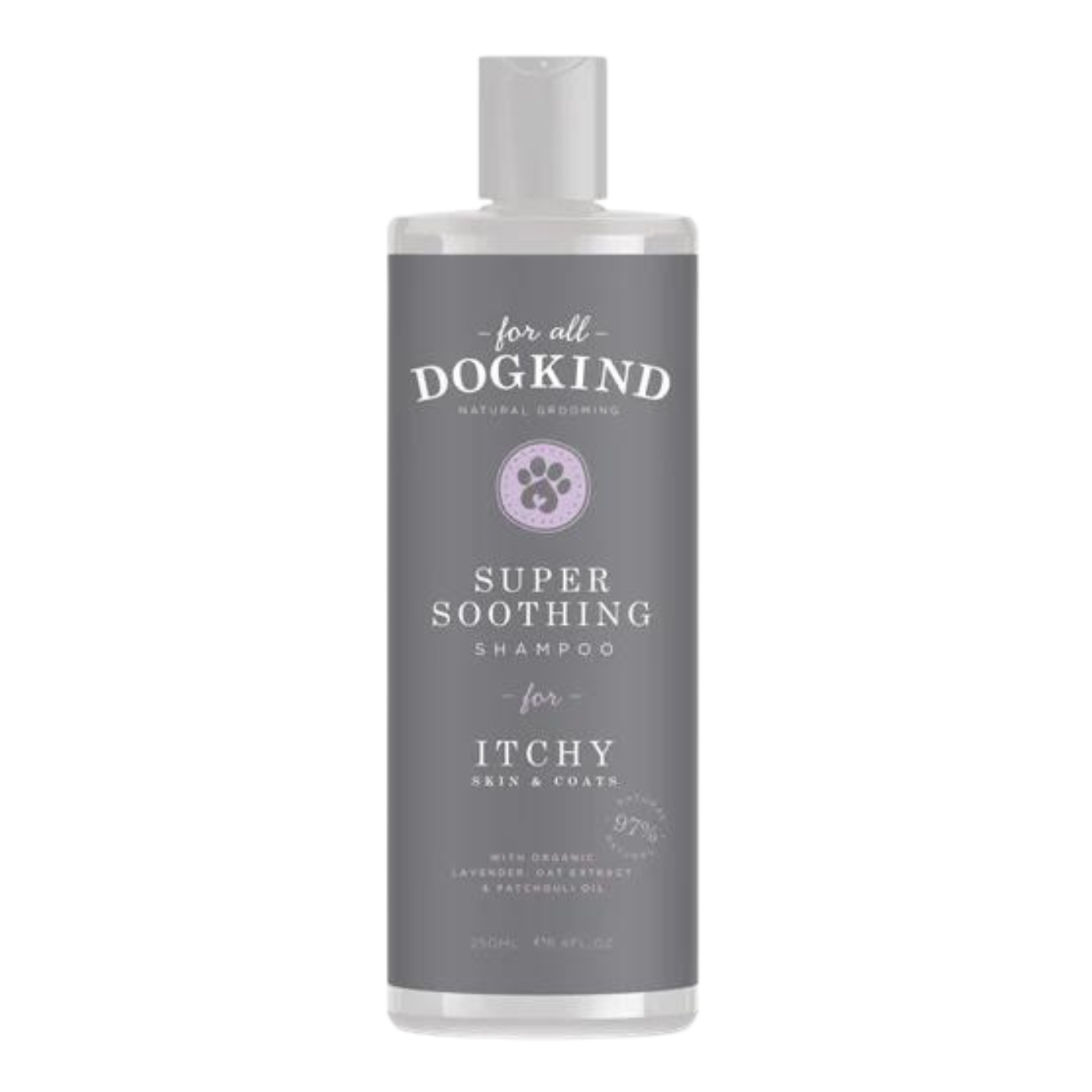
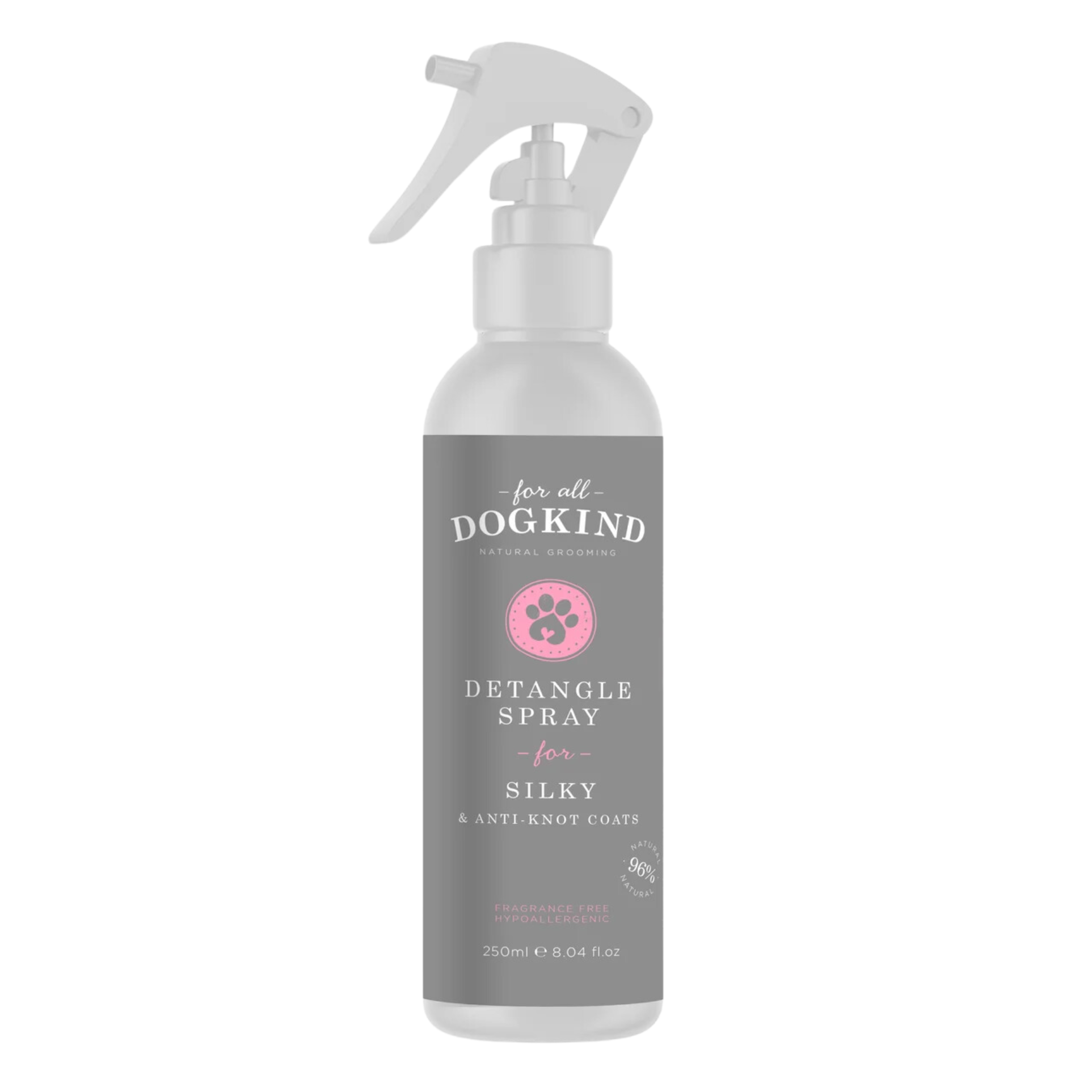
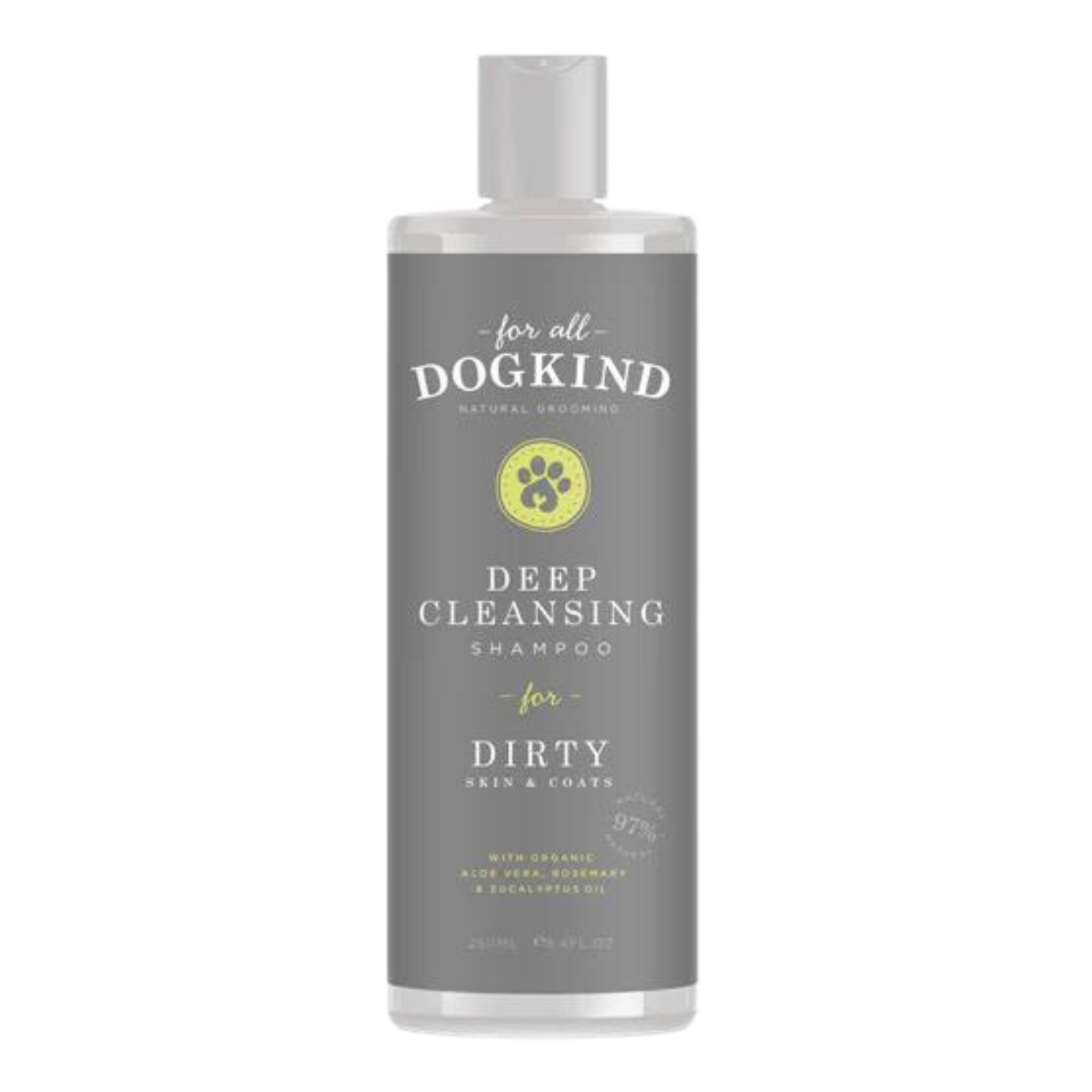

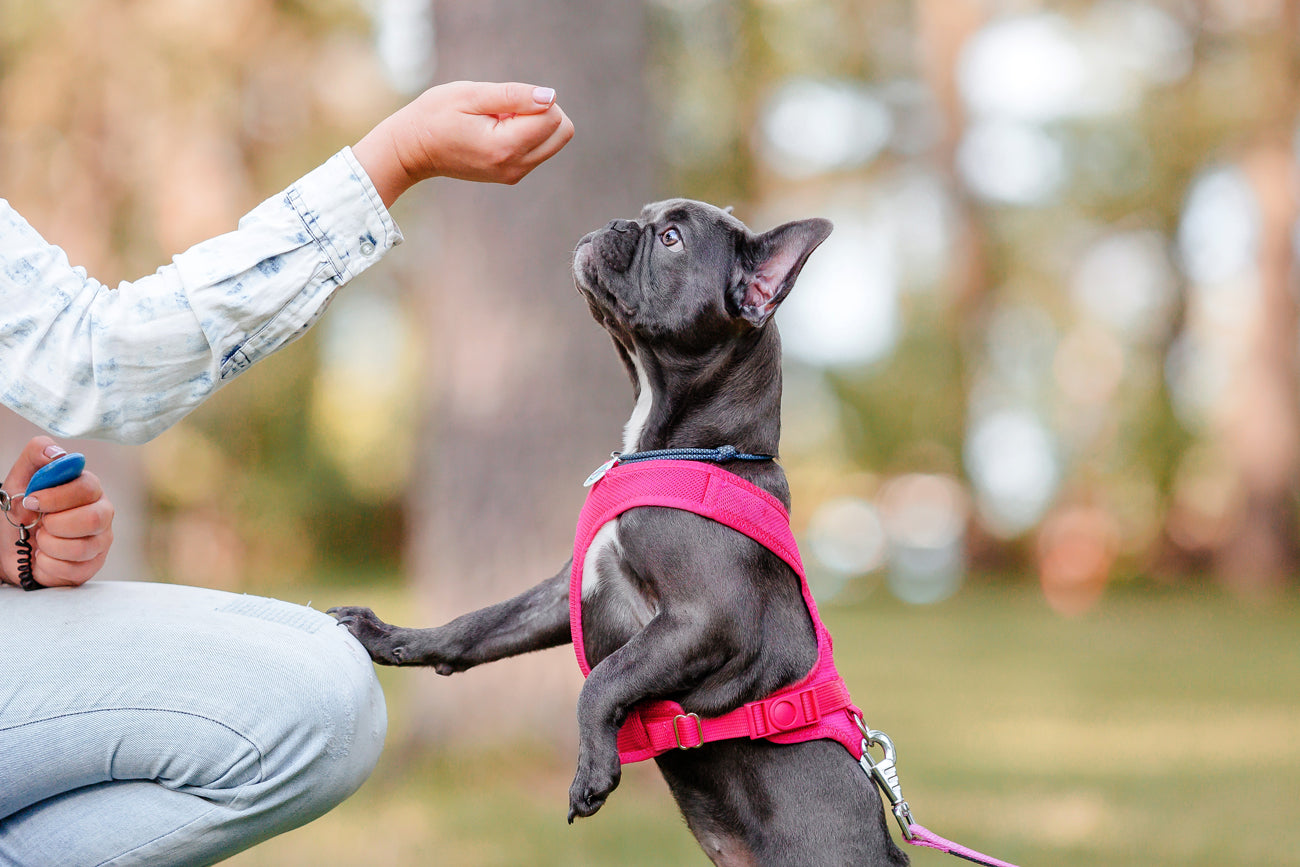

Share:
How to Keep Your Dog's Skin and Coat Healthy
Hero Academy Sneak Peek: What’s Coming Soon